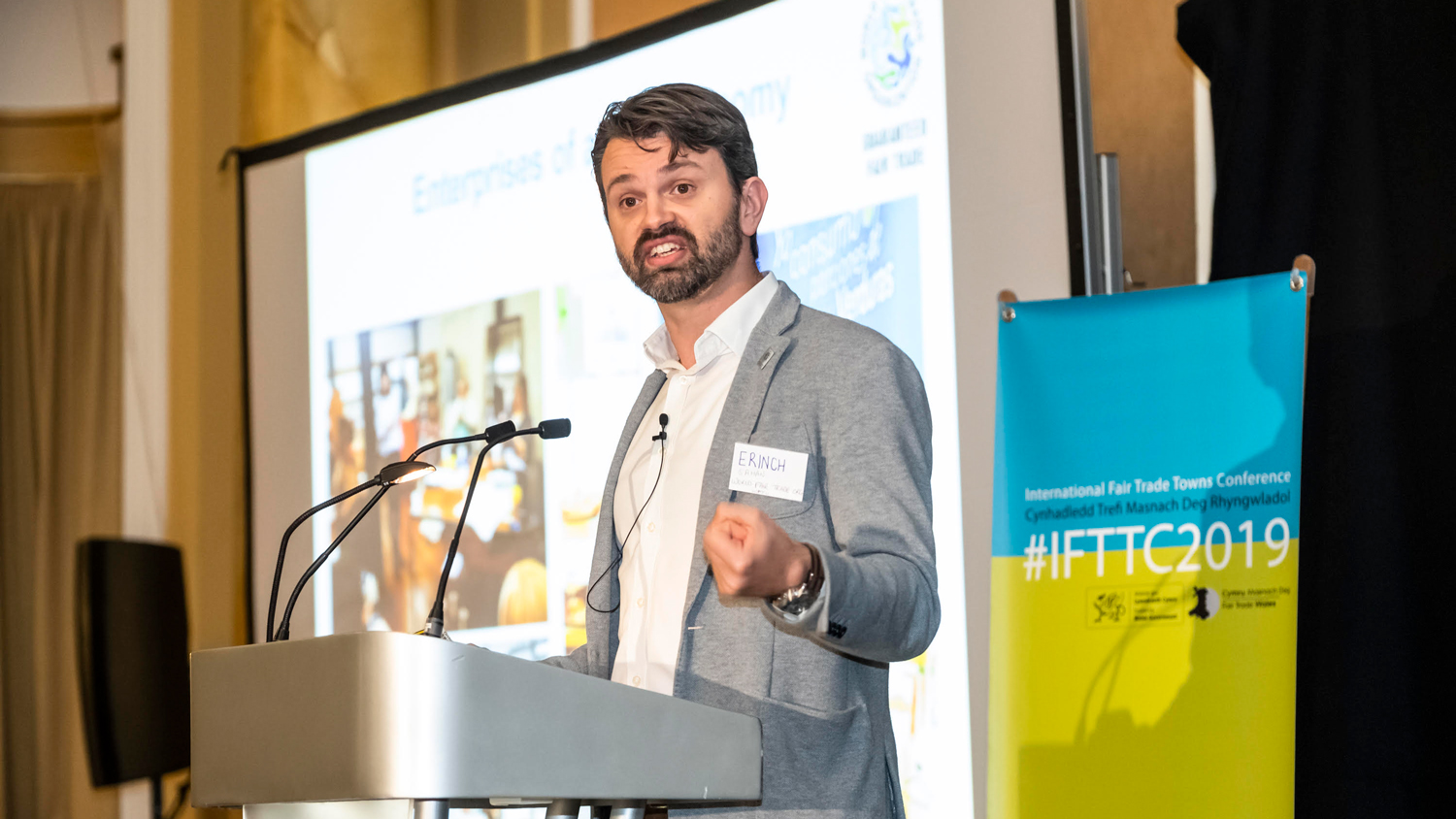Carri Ginter is one of the leading partners at Sorainen law firm, where he heads the team for international dispute resolution and serves as the holder of the Jean Monnet Chair in European Law at the Faculty of Law of the University of Tartu.
ESG (Environmental, Social, and Corporate Governance) has now gained a central position in top-tier legal services, and both small and large companies and organizations must adapt to it in the near future. In addition to Ginter, the interview featured contributions from lawyer Maarika Maripuu, a member of Sorainen law firm’s ESG team, and partner Karin Madisson, who deal with sustainability issues in their daily work. Madisson also supports Sorainen’s ESG task force.
What are the most important legal challenges currently related to sustainability and the environment?
The continuous and rapid development in the ESG field brings about a maze of regulations in the European Union. Whether it’s the obligation, starting within the next three years, to include a sustainability report within the annual report, containing detailed overviews of company policies and action plans, or initiatives such as increasing gender balance or preventing greenwashing, ESG topics concern every entrepreneur. The sooner these topics are dealt with, the greater the competitive advantage gained.
The world of relevant directives and regulations is diverse, making it difficult even for legal professionals to navigate, let alone those who don’t frequently deal with legal matters. However, non-compliance with ESG legislation can have severe consequences, such as hefty fines, confiscation of profits, or being excluded from participating in public procurement. In addition to this, entrepreneurs must focus more on data collection and management, such as measuring their carbon footprint and disclosing information. The volume of data is too large to manage in Excel, leading to additional expenses. Nevertheless, to have any data at the European level, a taxonomy system has been introduced, which must be followed by nearly 200 of the largest Estonian companies. Based on this dataset, conclusions can already be drawn in the future, and actions taken where necessary.
Keeping track of ESG regulations can be particularly challenging for those operating in multiple jurisdictions. Currently, it is crucial in the legal field to stay informed about new changes and initiatives and to assist others in navigating within the ESG framework. One example is the forthcoming Green Claims Directive from Europe, which will result in hefty fines for making any marketing or questionable claims regarding environmental aspects.
At Sorainen, there is a specialized ESG team dedicated to providing legal advice, assistance in developing and implementing ESG policies, and conducting awareness campaigns.
What role do legal scholars and lawyers play in sustainability issues today?
Lawyers are essential allies for entrepreneurs to ensure their awareness of ESG regulations, enabling them to comply and adapt to changes even before they come into effect. Interactions with various clients provide lawyers not only with legal knowledge but also with a strong market overview, allowing them to gain a comprehensive understanding of common mistakes and issues, which can be explained in the media, for example.
An even more significant role is to make it clear to people that ESG is not marketing. While the environmental aspect is already covered by many regulations, and we are more or less accustomed to it, an increasing number of regulations are emerging in the social and governance areas.
In the social aspect, lawyers can assist in developing policies against discrimination or harassment and identifying workplace risks. However, training employees and conducting internal investigations in the event of violations have become even more important, as it is difficult to objectively conduct internal investigations.
In the governance aspect, there is a need for the development of rules related to corruption, inclusion, whistleblowing, etc. Lawyers assist clients in preventing and identifying violations by board members and conducting special audits.
How could elevating legal education and awareness help spread sustainability topics more widely in society?
Law is a potent means of guiding people’s behavior. Whether someone has a deeper understanding of sustainability-related regulations or simply reads about them in the news, it prompts introspection and a moment to reflect on whether they are doing enough already. By bringing the law closer to people, sustainability receives more attention overall.
Engaging in the legal field can be extremely helpful in guiding behavior in the right direction. This involves contributing to legislation, shaping opinions, and providing pro bono legal assistance in areas where change is needed.
What personal experiences or projects have helped clients or organizations cope with legal challenges related to sustainability?
Recently, we advised Energiasalv on a 800 million euro project to develop a 500 MW pump-hydro accumulation station, assisted Rail Baltica in implementing their green railway infrastructure project, and provided 42 million euro funding to renewable energy company Green Genius through RGREEN INVEST.
In addition to these large projects, through our pro bono project “Shared Mission,” we have advised Fudloop, a company reducing food waste, and assisted in launching Filaret, a company recycling cigarette butts. Alongside such major projects, we regularly provide various legal services related to the ESG field, such as drafting regulations or advising on issues related to sustainable financing.
We have also helped entrepreneurs create internal rules and supported their introduction and implementation within companies. In cases of violations within companies, we have analyzed the situation and made proposals for preventing and avoiding violations.
Could involving nature as a representative in a company’s or organization’s board be one way for companies to actively engage in environmental matters and take necessary actions?
ESG is not just about environmental issues. ESG encompasses much more. Environmental issues are important, but an ESG strategy begins with identifying the most significant impact a company creates in society. As an example, we can influence environmental impact to a limited extent, and we believe we have already made significant efforts in this regard, which has been recognized with the Green Office certification.
However, we can influence the type of society around us and the norms accepted in society. For instance, we support students by providing training, participate in legislation through various organizations and directly, direct our pro bono legal assistance to important areas, support organizations crucial for preserving Estonian culture and raising the level of education, support our employees by giving them days off to participate in charity, maintain salary reserves for reserve duty or activities in the Defense League, etc. Our activities can be read in our ESG report where the environment is just one part.
Today, we already see that attention is paid to diversity issues in supply chains and purchasing goods/services, in addition to child labor, forced labor, recycling, etc., where meeting these requirements earns extra points in decision-making. Similarly, we can all demand that our partners adhere to at least the same principles as we do.
Entrepreneurs need to define what their greatest ESG impact on society is and create a strategy around it because only then can companies be sustainable. Appointing a nature representative to the management would, in our view, have a similar effect to imposing quotas. It is a big question of how and whether they help. Instead, companies could go through a questionnaire similar to the Estonian Responsible Business Index and then receive an assessment of their activities. Those who have done it themselves could then start preferring it among their partners. In summary, it doesn’t matter where this ESG initiative and demand come from. What matters is that it becomes part of the company’s DNA.









